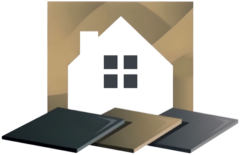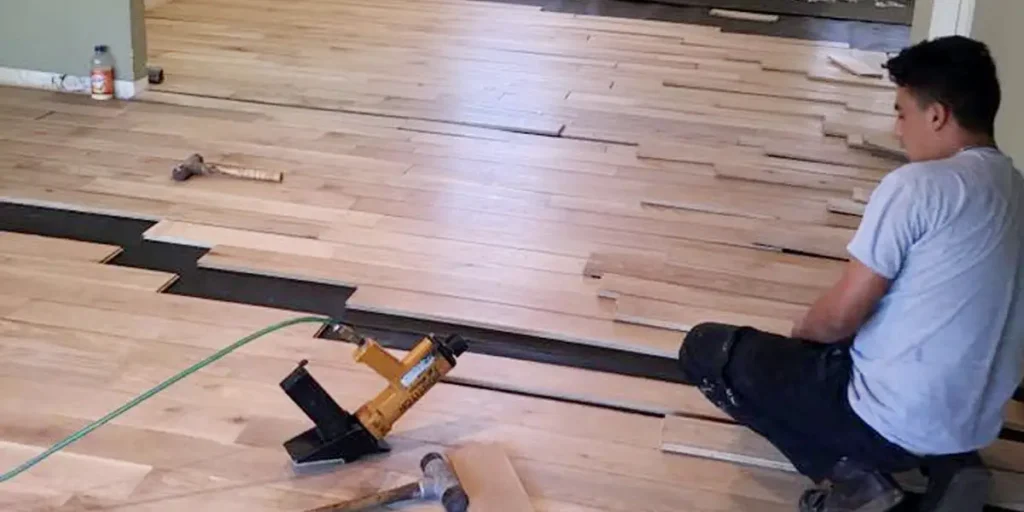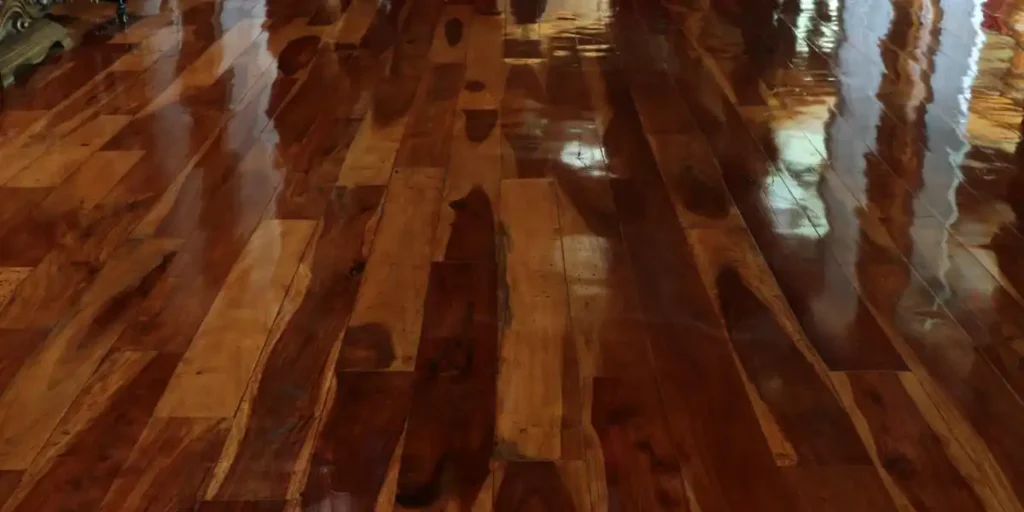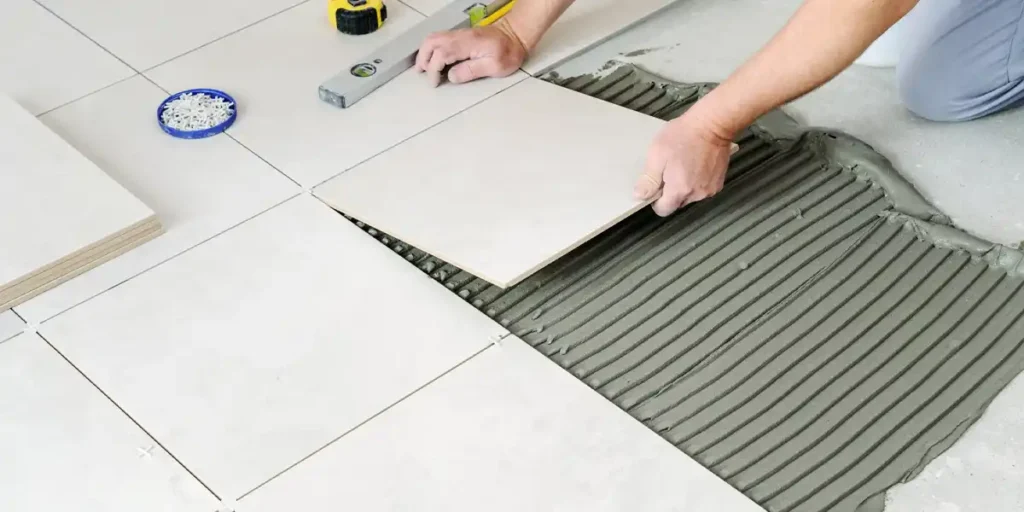Hardwood floors are a timeless feature in any home, but wear and tear can dull their beauty over time. Refinishing restores their original luster, making your space look refreshed and well-maintained.
If you’re wondering, how much does it cost to refinish hardwood floors, this guide explores all aspects of refinishing, including costs, influencing factors, and whether you should DIY or hire professionals.
What Does Refinishing Hardwood Floors Involve?
Refinishing hardwood floors involves a multi-step process to restore their beauty and durability. Understanding each phase will help you appreciate the effort and expenses involved.
- Sanding: This step removes the existing finish and any surface imperfections. A professional uses a drum sander for uniform results. Sanding also prepares the wood for stain and sealant absorption.
- Repairs: If there are deep scratches, gaps, or damaged planks, this is the time to address them. Replacing boards or filling gaps ensures a smooth, cohesive look.
- Staining: Stain gives the floor its desired color. Whether you want a natural tone or a bold statement, this step transforms the wood’s appearance.
- Sealing: Applying a polyurethane finish (oil-based or water-based) protects the wood from wear, moisture, and scratches. Multiple coats are often required, with drying times in between.
- Buffing: After the finish is applied, the floor is buffed to achieve a smooth, polished look.
By understanding these steps, you can better evaluate how much does it cost to refinish hardwood floors and decide whether the investment aligns with your budget.
Factors Influencing the Cost of Refinishing Hardwood Floors
When calculating how much does it cost to refinish hardwood floors, these factors play a significant role:
1. Floor Area
The size of your space directly impacts the overall cost. Larger areas require more materials and labor. For instance, refinishing a 1,200 sq ft space costs more than a smaller 500 sq ft area. Professionals typically charge per square foot, and rates vary depending on regional pricing standards.
Pro Tip: Measure the area accurately to get precise estimates from contractors.
2. Condition of the Floor
The floor’s condition affects both cost and complexity. Floors with minor scratches are less expensive to refinish than those with extensive damage.
- Light Damage: Superficial scratches and wear require basic sanding and refinishing.
- Severe Damage: Gouges, water damage, or loose boards involve higher repair costs. In severe cases, replacing certain planks may be necessary.
3. Type of Wood
Different wood species behave uniquely during refinishing. Some woods are easier to sand, while others require specialized care.
- Hardwoods like Oak and Maple: These woods are common in homes and straightforward to refinish.
- Exotic Woods like Mahogany: These are costlier due to their density and specific staining requirements.
4. Labor Costs
Hiring professionals is a significant part of the total cost. Contractors charge based on expertise, tools, and location. High-skilled labor ensures a flawless finish, which justifies the expense.
- DIY Alternative: While DIY refinishing can save labor costs, the risk of mistakes could lead to additional expenses for repairs or rework.
5. Finish Type
Choosing between oil-based or water-based polyurethane impacts cost:
- Oil-Based Finish: Costs less initially but takes longer to dry and yellows over time.
- Water-Based Finish: Dries quickly and retains a clear, modern appearance, though slightly pricier.
6. Location
Geography significantly affects how much does it cost to refinish hardwood floors. Urban areas generally have higher labor costs than rural regions. Additionally, access to materials and competition among contractors can influence pricing.
| Expense Category | Description | Cost Estimate |
| Sanding and Buffing | Removing the old finish and preparing the surface with specialised equipment. | $1.50–$3.00 per sq ft |
| Repairs and Patchwork | Fixing gouges, scratches, or loose planks for a seamless look. | $100–$500 (depending on severity) |
| Applying Stain (Optional) | Add color to enhance or match decor. | $0.50–$1.00 per sq ft |
| Finish Application | Applying polyurethane for protection and improved appearance. | $1.00–$2.00 per sq ft |
| Cleanup and Waste Disposal | Ensuring no residue remains after refinishing. | $50–$150 |
| Total Estimated Cost (1,000 sq ft) | Varies based on labor, materials, and location. | $3,000–$8,000 |
DIY vs. Professional Refinishing: Which Option is Best?
DIY Refinishing
For homeowners who love tackling projects, DIY refinishing offers cost savings but comes with challenges:
- Cost: $1–$3 per sq ft for equipment and materials.
- Pros: Lower costs, control over the process.
- Cons: Time-consuming, risk of mistakes.
Professional Refinishing
Hiring experts ensures a professional finish and fewer headaches:
- Cost: $3–$8 per sq ft.
- Pros: Faster, better results, includes repairs.
- Cons: Higher upfront cost.
Final Thoughts
Refinishing hardwood floors is a cost-effective way to restore their beauty and durability, adding value to your home. By understanding the factors influencing cost and weighing DIY vs. professional options, you can make an informed decision. Ready to transform your floors? Whether you’re looking to save or splurge, refinishing is a worthwhile investment for timeless, elegant flooring.
Ready to bring your hardwood floors back to life? Contact Cardenas Flooring today for expert refinishing services and a free quote!
FAQs (Frequently Asked Questions)
1. Is it cheaper to refinish hardwood floors or replace them?
Refinishing is generally much cheaper than replacing hardwood floors.
2. How long does it take to refinish 1000 square feet of hardwood floors?
It typically takes 3–5 days to refinish 1,000 square feet of hardwood flooring.
3. How expensive is it to refinish hardwood floors?
Refinishing hardwood floors costs between $3 to $8 per square foot on average.
4. Is it worth refinishing old hardwood floors?
Yes, refinishing restores their beauty, extends lifespan, and increases home value.
5. How many times can hardwood floors be refinished?
Most hardwood floors can be refinished 4–6 times, depending on the wood thickness.
6. Why is floor sanding so expensive?
High labor costs, specialised equipment, and material expenses contribute to the cost.
7. What hardwood floors cannot be refinished?
Engineered hardwood with a thin veneer and laminate flooring cannot be refinished.
8. Is hardwood more expensive than vinyl?
Yes, hardwood is more expensive than vinyl but lasts longer and adds value.




